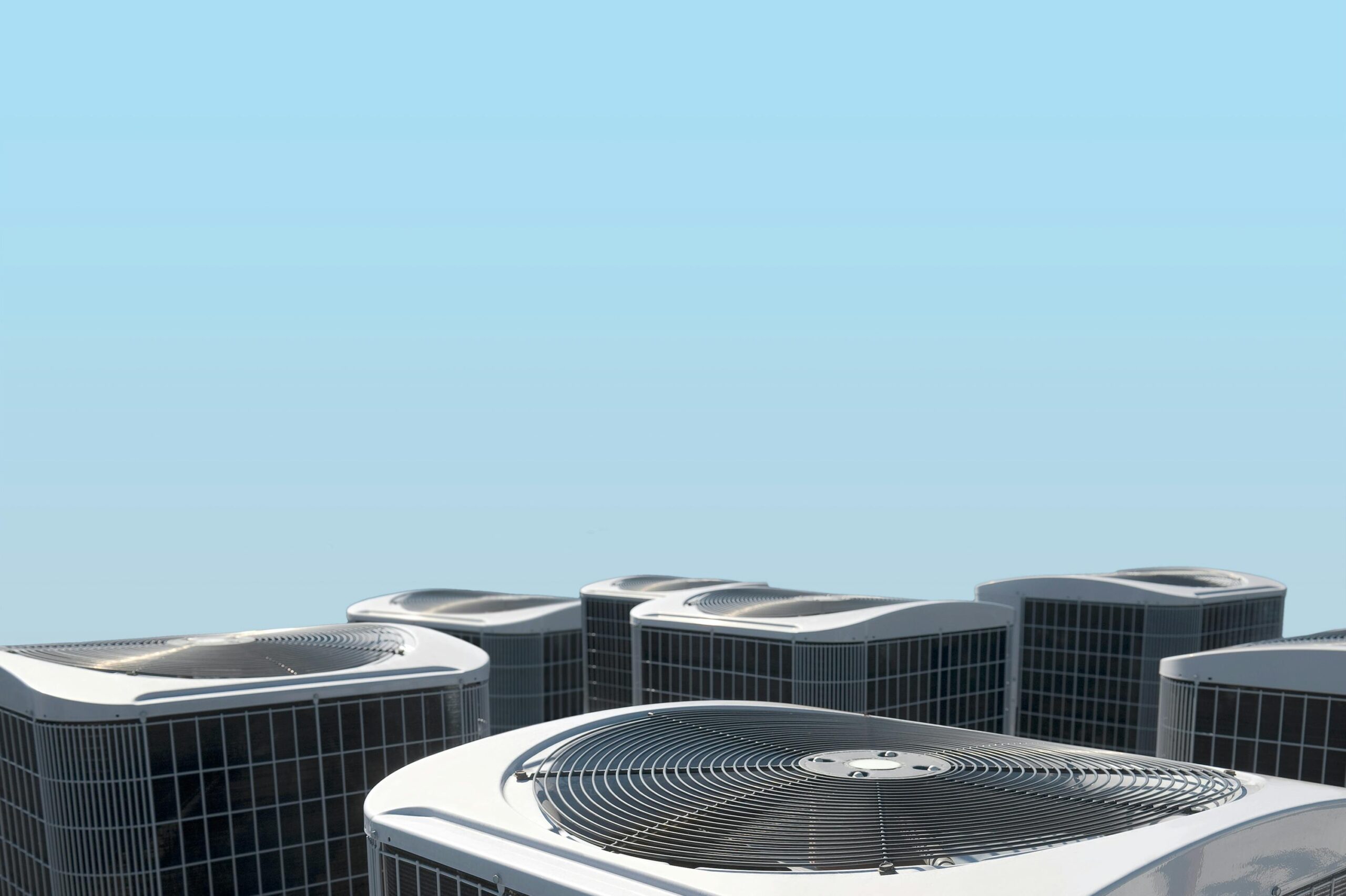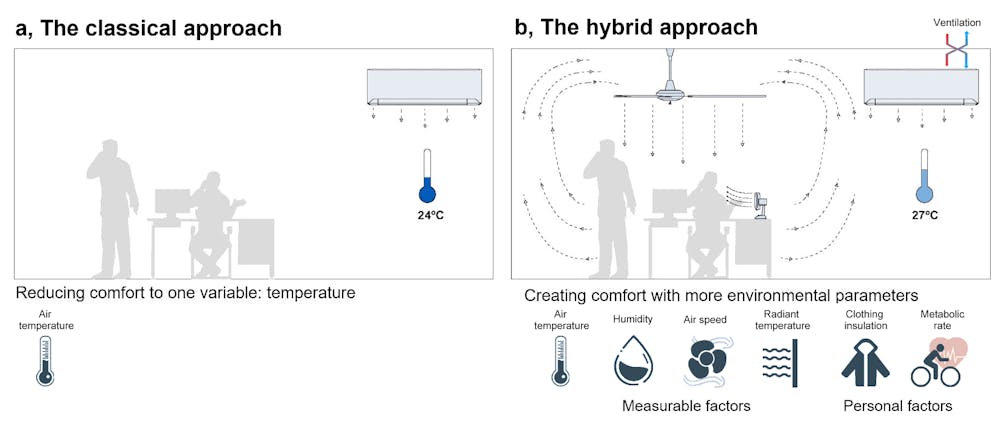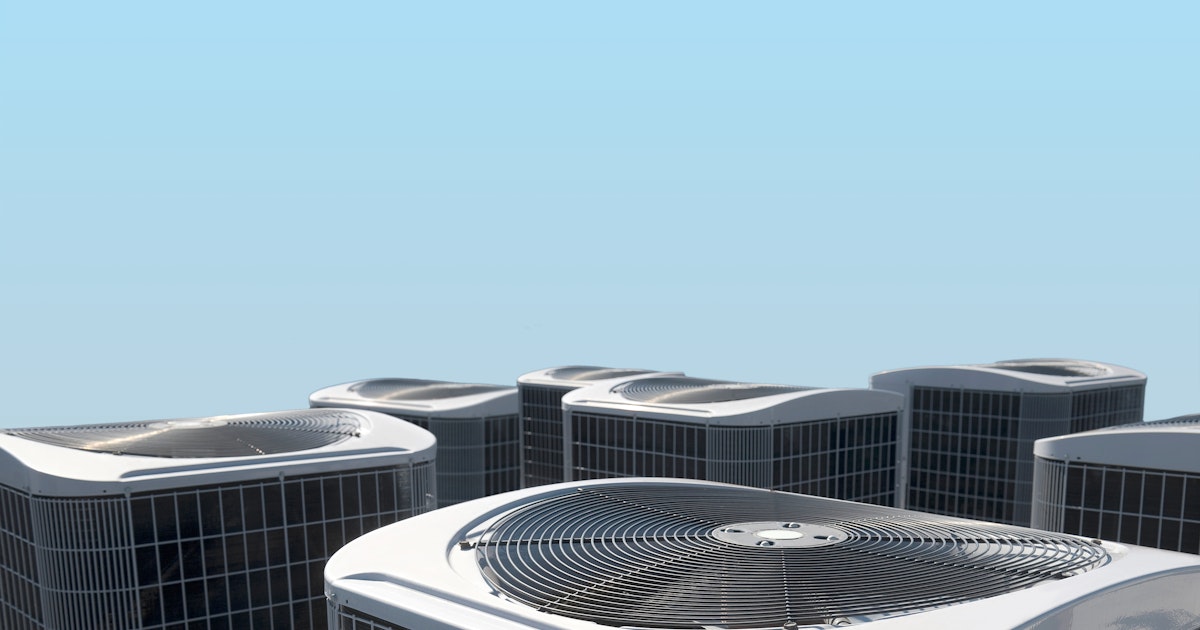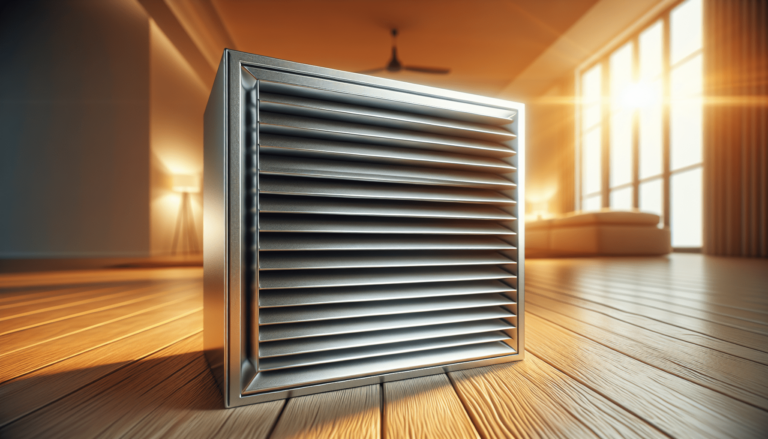

HVAC Services
Get Professional Repairs From The Area's Trusted HVAC Technicians. Ask About Our Services! We Offer Professional Heating & Cooling System Repairs And Guarantee Long-Lasting Results.
Got Question? Call us: (850) 678-2665Financing
Air Conditioning: Beyond Cooling – A Health Perspective
Discover the health benefits of air conditioning beyond just cooling. Learn how your HVAC system impacts indoor air quality and overall well-being.

Welcome to “Air Conditioning: Beyond Cooling – A Health Perspective” where we explore the impact of air conditioning on our well-being. In today’s fast-paced world, we often overlook the health benefits that a properly functioning HVAC system can provide. From reducing humidity levels to filtering out allergens, air conditioning plays a crucial role in maintaining a healthy indoor environment. Let us delve into how air conditioning goes beyond just keeping us cool, and learn about the positive effects it can have on our overall health and well-being. If you’re in need of HVAC services, look no further than Tempacure Heating and Air Conditioning in Niceville, FL!
Have you ever stopped to consider the impact that your air conditioning system has on your health? In this article, we will delve into the often overlooked health benefits and risks associated with air conditioning systems. From allergies to respiratory issues, your AC unit may be affecting your well-being more than you realize. Let’s explore the topic of “Air Conditioning: Beyond Cooling – A Health Perspective” together.

This image is property of images.theconversation.com.
The Importance of Indoor Air Quality
When it comes to maintaining a healthy living environment, indoor air quality plays a crucial role in your overall well-being. Poor indoor air quality can lead to a variety of health issues, ranging from allergies and asthma to respiratory infections. Your air conditioning system has a significant impact on the quality of the air you breathe indoors.
Understanding Indoor Air Pollutants
Indoor air pollutants can come from a variety of sources, including dust, pet dander, mold, and volatile organic compounds (VOCs) released from household products. These pollutants can build up in your home, especially during periods when windows and doors are kept closed and the air conditioning system is running constantly.
Filtering Out Contaminants
One of the key functions of your air conditioning system is to filter out contaminants from the air, improving indoor air quality. The air filters in your AC unit trap dust, pollen, and other particles, preventing them from circulating in your home. Regularly changing or cleaning these filters is essential for maintaining clean indoor air.
Allergies and Respiratory Issues
If you suffer from allergies or respiratory issues, you may find that your air conditioning system can either exacerbate or alleviate your symptoms. Understanding how your AC unit affects these conditions is crucial for managing your health effectively.
The Role of Humidity Levels
Air conditioning systems help regulate indoor humidity levels, which can have a significant impact on allergies and respiratory issues. High humidity levels can promote mold growth and worsen allergy symptoms, while low humidity levels can dry out mucous membranes and irritate respiratory pathways.
Managing Allergens and Irritants
By filtering out allergens and irritants from the air, air conditioning systems can provide relief for individuals with allergies and respiratory conditions. HEPA filters, designed to capture tiny particles, can be particularly effective at removing allergens such as pollen, dust mites, and pet dander.

This image is property of www.daikin.co.za.
Heat-Related Health Risks
While air conditioning systems are essential for cooling indoor spaces during hot weather, they also play a critical role in protecting your health from heat-related risks. High temperatures can have dangerous consequences for your health, making it essential to have a reliable AC unit.
Preventing Heat Exhaustion and Heatstroke
Excessive heat can lead to heat exhaustion and heatstroke, especially in vulnerable populations such as the elderly, young children, and individuals with chronic illnesses. Air conditioning systems help maintain a comfortable indoor temperature, reducing the risk of heat-related illnesses.
Improving Sleep Quality
High temperatures can make it difficult to sleep comfortably, leading to disrupted sleep patterns and fatigue. By cooling your bedroom with an air conditioning system, you can create a conducive sleep environment that promotes restful and rejuvenating sleep.

This image is property of platform.vox.com.
Maintaining Your Air Conditioning System
To ensure that your air conditioning system continues to support your health, it is essential to maintain it properly. Regular maintenance and upkeep of your AC unit can prevent breakdowns, improve efficiency, and promote better indoor air quality.
Scheduling Routine Inspections
Professional HVAC technicians recommend scheduling routine inspections of your air conditioning system to identify any issues before they escalate. Regular maintenance can help extend the lifespan of your AC unit and prevent unexpected breakdowns.
Cleaning Air Ducts and Vents
Over time, dust, mold, and other contaminants can accumulate in your air ducts and vents, reducing the efficiency of your air conditioning system and compromising indoor air quality. Regularly cleaning and inspecting these components is essential for optimal performance.

This image is property of iea.imgix.net.
Choosing the Right Air Conditioning System
When it comes to selecting an air conditioning system for your home, there are several factors to consider, including the size of your space, your budget, and your health needs. Choosing the right AC unit can make a significant difference in maintaining a healthy indoor environment.
Evaluating Cooling Capacity
The cooling capacity of an air conditioning system is measured in British Thermal Units (BTUs) and indicates how effectively it can cool a specific area. Choosing an AC unit with the appropriate cooling capacity for your space is essential for maintaining comfort and efficiency.
Energy Efficiency Ratings
Energy-efficient air conditioning systems can help reduce your energy bills while minimizing your carbon footprint. Look for models with high Energy Star ratings, which indicate superior energy efficiency and environmental sustainability.

This image is property of cielowigle.com.
Conclusion
Your air conditioning system is more than just a way to cool your home – it plays a critical role in supporting your health and well-being. By understanding the impact of your AC unit on indoor air quality, allergies, respiratory issues, and heat-related health risks, you can make informed decisions to protect yourself and your loved ones. Remember to prioritize regular maintenance, clean air filters, and optimal humidity levels to ensure that your air conditioning system continues to work effectively for your health. If you have any concerns about your AC unit, don’t hesitate to contact a professional HVAC technician for assistance. Stay cool, comfortable, and healthy with a well-maintained air conditioning system.







